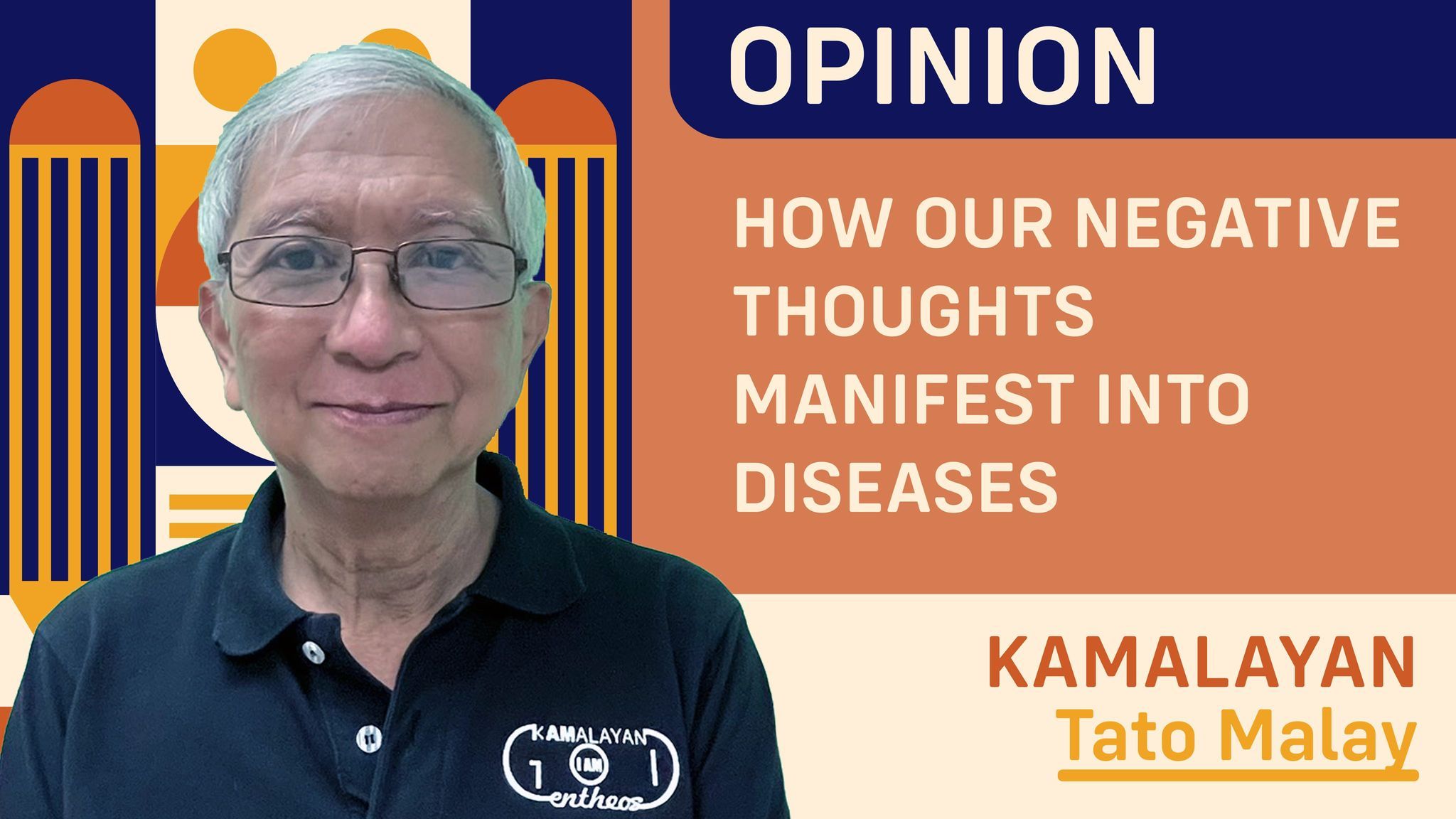The idea that our negative thoughts can manifest into physical diseases is a concept that has been explored in various philosophies and alternative healing practices. This belief suggests that the state of our mental and emotional well-being directly influences our physical health. While it may not be universally accepted within the medical community, many people find value in considering the impact of their thoughts and emotions on their overall health.
The notion that our thoughts create diseases is rooted in the belief that our bodies mirror our emotions, feelings, thoughts, and beliefs. When we experience symptoms of illness, this perspective encourages us to inquire about the underlying emotional or mental factors that may be contributing to our physical discomfort. For example, instead of asking "what is the matter with me?" when feeling the onset of a cold, the suggestion is to ask "who is the matter with me?" This shift in perspective prompts reflection on the emotional or mental sources of the ailment.
According to this line of thinking, specific negative emotions are believed to be associated with certain physical ailments. For instance, anger and hostility are thought to be linked to conditions such as appendicitis, arthritis, heart problems, and high blood pressure. Similarly, confusion and frustration are believed to be mental equivalents of colds and flu, while criticism is associated with conditions like arthritis, liver problems, and high blood pressure. Fear is linked to ailments such as accidents, asthma, and heart problems, and grief and depression are thought to be connected to cancer and colds. Additionally, guilt and self-condemnation are believed to be linked to back trouble, cancer, and hay fever, while lack and limitation are associated with anemia, asthma, and kidney trouble. Furthermore, concerns about aging are believed to be linked to fears about growing old.
While this perspective may seem unconventional, it underscores the interconnectedness of our mental, emotional, and physical well-being. It suggests that our thoughts and emotions can influence our physiological state and that addressing our mental and emotional health is crucial for overall well-being. It also highlights the potential impact of stress, emotions, and beliefs on the body's ability to maintain optimal health.
It's important to note that while this viewpoint has been embraced by some individuals and alternative health practitioners, it does not discount the importance of conventional medical care. Many factors contribute to the development of diseases, including genetic predisposition, environmental influences, lifestyle choices, and more.
In conclusion, the idea that our negative thoughts can manifest into diseases reflects a belief in the interconnectedness of the mind and body. While this perspective may not align with traditional medical paradigms, it underscores the importance of addressing mental and emotional well-being as part of a comprehensive approach to health. Whether or not one subscribes to this belief, it prompts reflection on the potential impact of our thoughts and emotions on our overall health and encourages a holistic understanding of well-being.
#Kamalayan #TatoMalay #HowOurNegativeThoughtsManifestIntoDiseases #MentalHealth #Health #OpinYonColumn #OpinYon #WeTakeAStand
